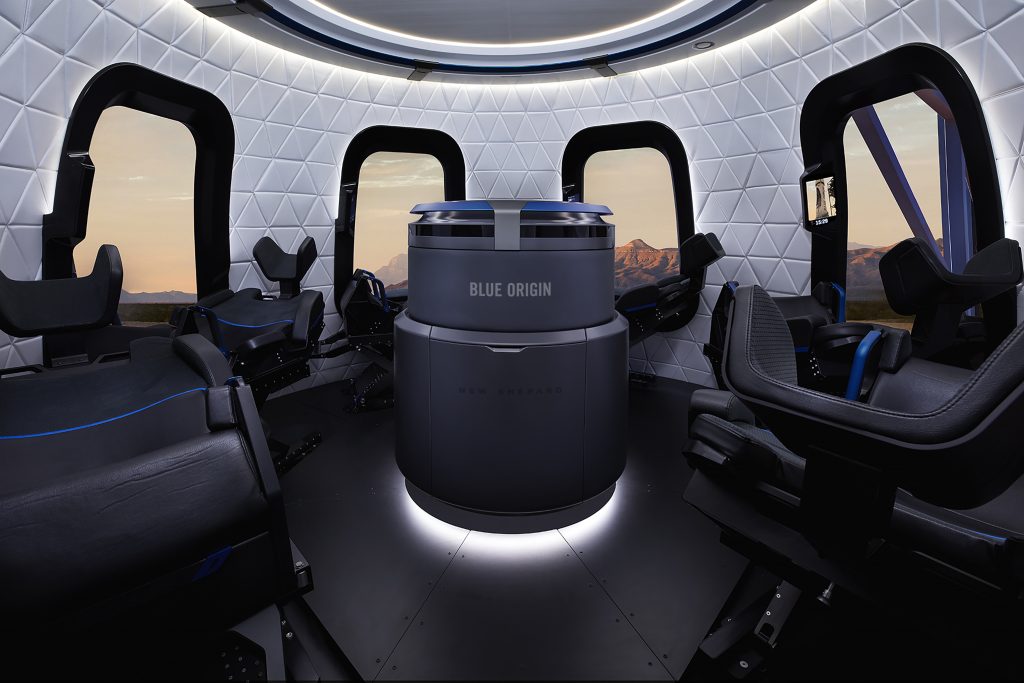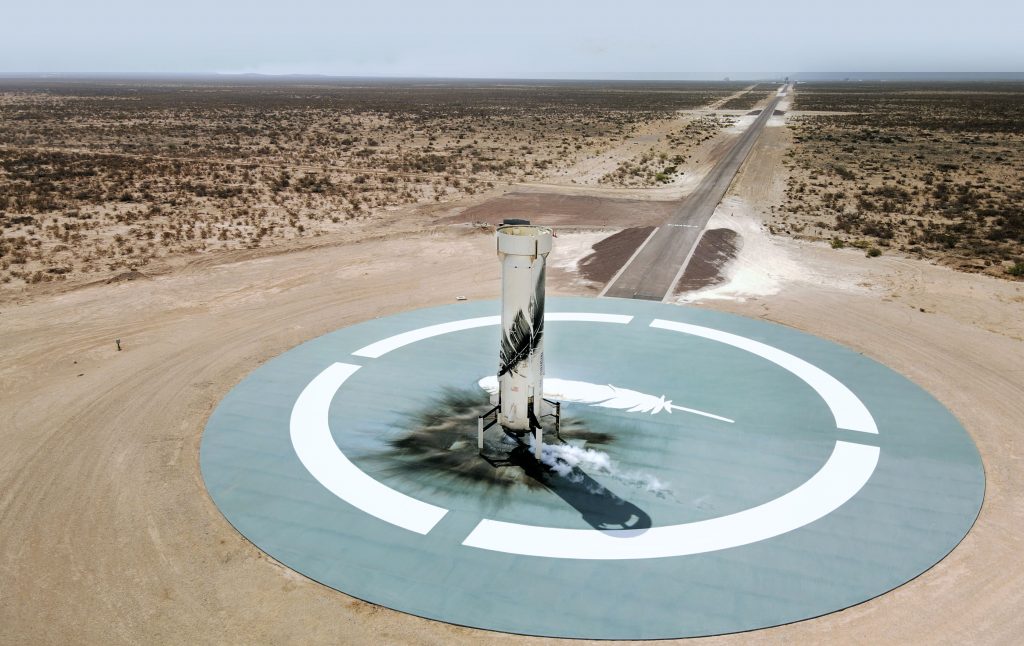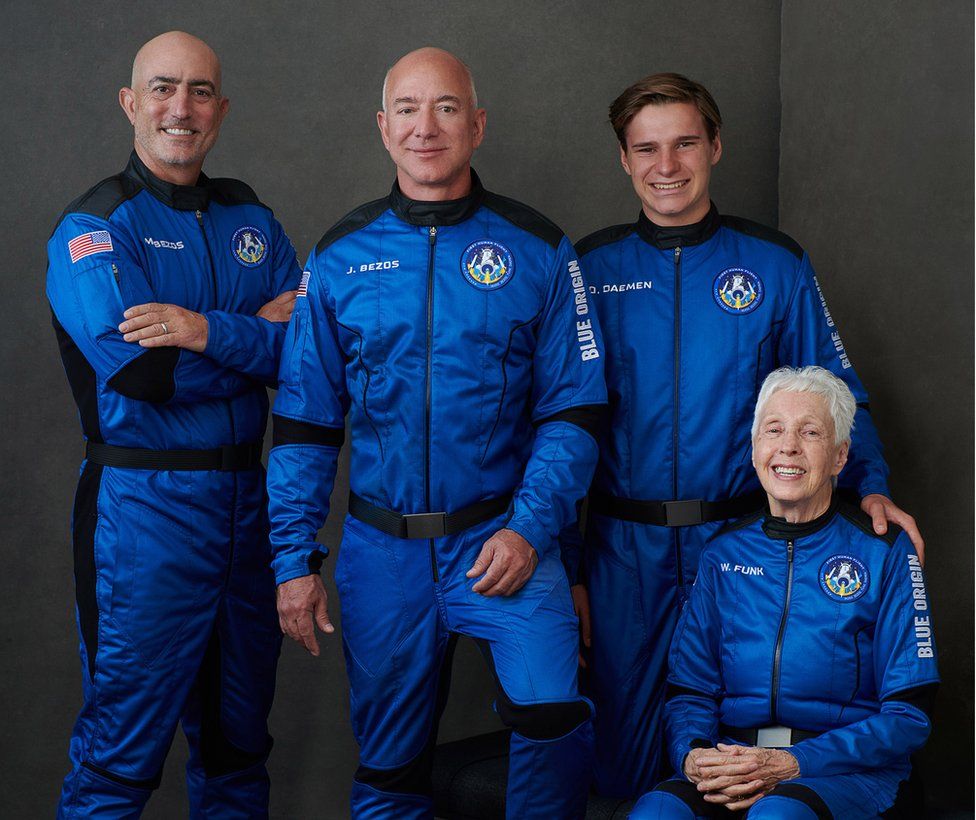Tech
World’s richest man blasts off into new era for space tourism
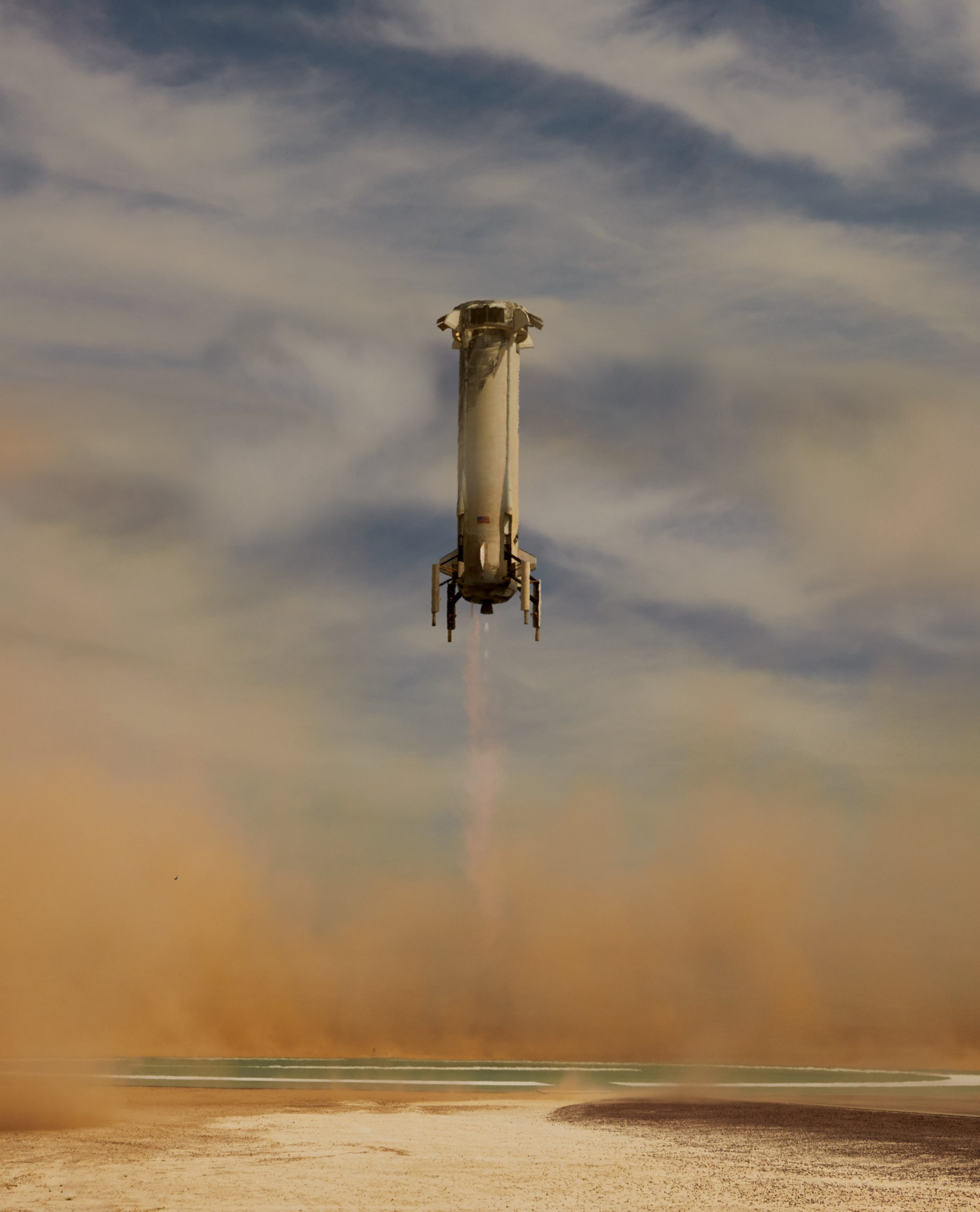
Tech
Global memory chip shortage set to drive electronics prices higher
Global memory chip shortage raises electronics prices; impacts PCs, smartphones, and likely continues until 2026.
Tech
CES 2026 Highlights: AI, robotics, and the future of innovation
CES 2026 explores AI, robotics, and sustainability, reshaping the global economy and redefining productivity and market dynamics.
Tech
CES 2026 opens with AI powering the future of tech
AI dominates CES 2026 in Las Vegas, shaping future tech with smarter, personalized products for everyday use.
-



 Ticker Views3 days ago
Ticker Views3 days agoInside Trump’s strategy for post-Maduro Venezuela
-



 Shows4 days ago
Shows4 days agoMelbourne Airport’s evolving role as a city gateway
-



 News4 days ago
News4 days agoTeenagers among 40 killed in New Year’s Eve bar fire in Switzerland
-



 Money4 days ago
Money4 days agoWall Street eyes further gains in 2026 as rate cuts fuel optimism
-



 Tech1 day ago
Tech1 day agoCES 2026 Highlights: AI, robotics, and the future of innovation
-

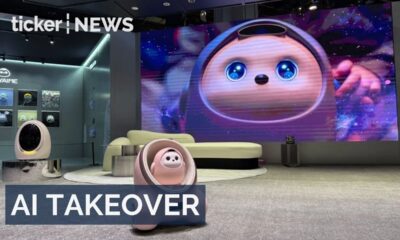

 Tech1 day ago
Tech1 day agoCES 2026 opens with AI powering the future of tech
-



 News4 days ago
News4 days agoTrump blocks Emcore deal over Chinese takeover fears
-



 Money3 days ago
Money3 days agoDow hits record after U.S. military action in Venezuela



